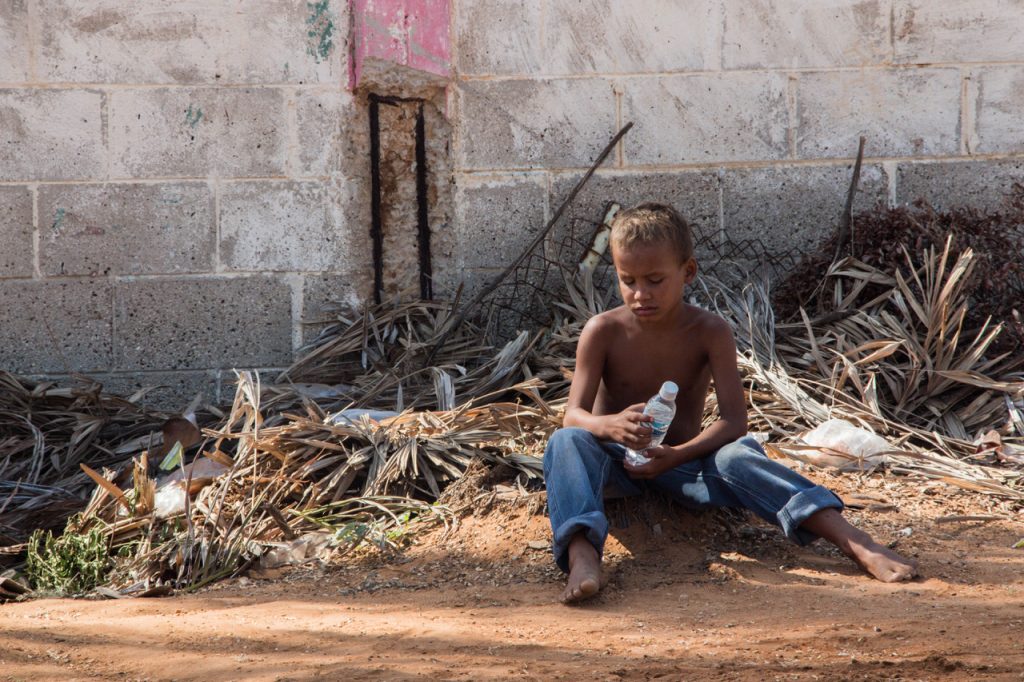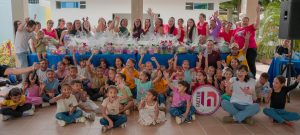I Just listened to a TED radio podcast with poet and author Clint Smith, reflecting upon the current circumstances which evidence systemic oppression and violence against black Americans. We have all felt horror, frustration and fear in waves during the last few days. It is impossible for most of us, who did not grow up in a hostile world, to comprehend the fear of rejection and social exclusion because of who we are.
In a “letter to my future son”, Clint Smith speaks of a life not yet born, about the world that is, and that could be.
I hope that you live in a world radically different from the one I grew up in… you are not a mistake... you exist beyond pathology...
Listening to it, it reminded me of my own thinking about the social work we are trying to do, work that tries to promote meaningful change for the families affected by Huntington’s disease.
When I first encountered the horrors of a life lived in extreme poverty, marked by a lethal disease, and saw what became of many individuals across the landscapes of Latin America, I reminded myself that the work I was trying to do was trans-generational.
I remember the first clear message I received from a gentleman in Rio de Janeiro, after a seminar I gave to a lay audience about the disease. A message that reached and grabbed my soul more powerfully that anything I had read or seen.
He was in advanced stages of HD, in a wheelchair. He had clear, bright blue eyes and white hair; next to him stood his wife, in silence. They did not speak English or Spanish but held my hand gently and said to me in that sweet Portuguese from Rio, a Portuguese spoken in a way that somehow enables me to understand, when spoken slowly.
He said to me, with tears in his eyes, now bluer than before, that he knew my efforts would not help him; he knew he would die from HD. This was not his concern: he asked me to continue my work so that one day, I might help his daughter. In the midst of tears, he thanked me for being there, and for giving him hope.
It is devastating to hear someone tell you that he or she knows there is nothing you can do for them, that their death is inevitable. It is a fierce encounter with reality, one that we too often try to avoid. Working in the Huntington’s communities pushes me directly in front of death in a very real way. It is this work that has finally taken away the fear of my own death, a fear that used to consume me as a child, after having lost my mother when I was eleven years old.
It was at this point, in 2010, that I realized I would fail to help most of the people I met along the way.
In both the scientific and the humanitarian work we do, change would come slowly.
But it will come, I have no doubts of that.
It is very humbling, and very hard, to speak to people whose lives one won’t be able to touch in significant ways, in spite of trying. Their end will be difficult, painful, and often times, in extreme isolation. The fear one sees in their eyes, the fear about their kids’ future, is powerful. The fear in the eyes of their kids about their own future is powerful.
And I am reminded again of the poem: “you exist beyond pathology”
Factor-H is called Factor “H” because of the “H factor”: Humanity.
The “Human” factor that binds us together.
The “Human” factor that makes everyone hope and dream.
I often times fear what might happen to many of the kids in our programs, now becoming teenagers and young adults. Will we also be too late for them?
These kids inspire me to work so that one day they can tell their owns sons and daughters that they will have a life based on a new reality.
Thank you
Nacho



